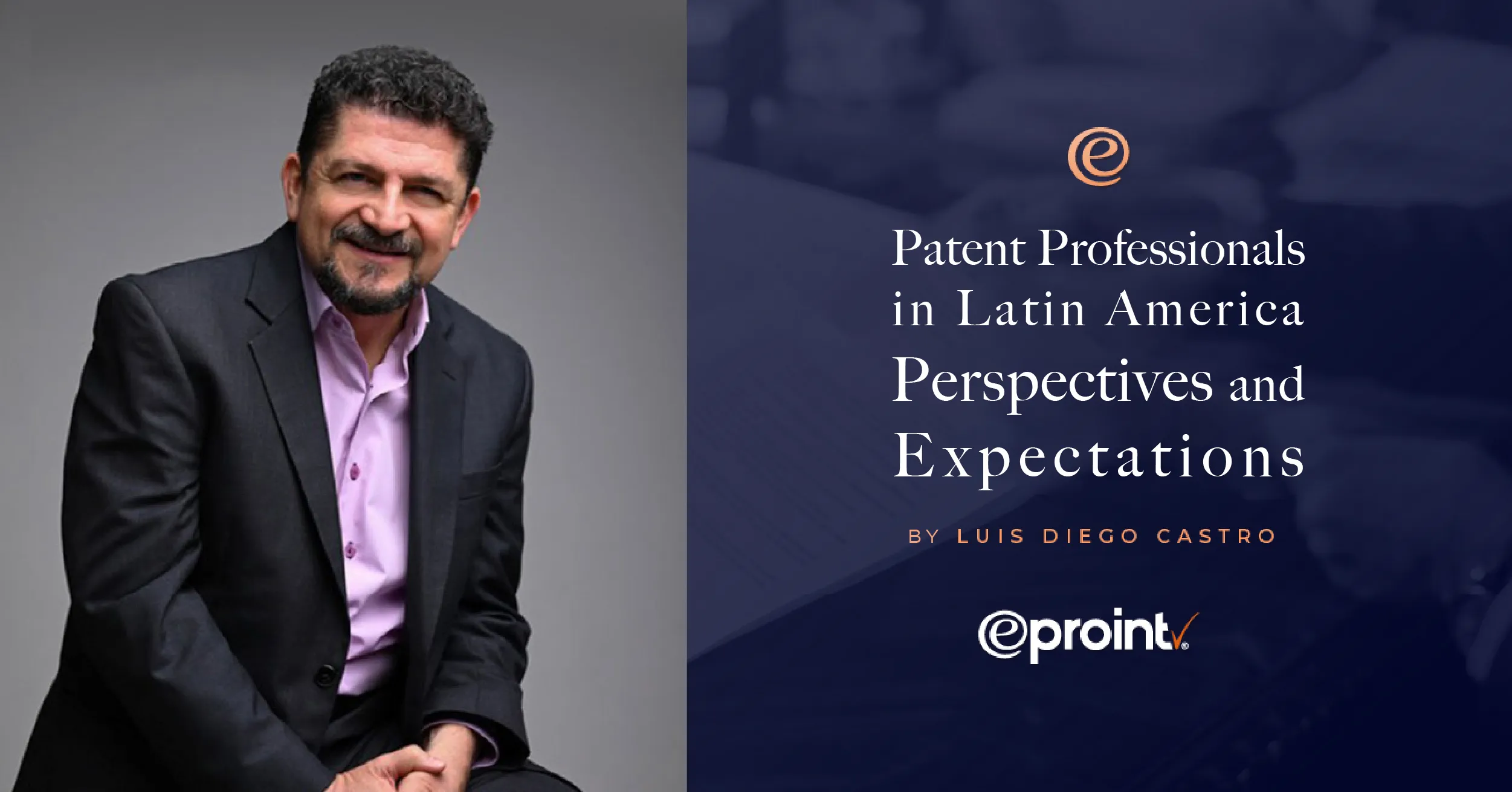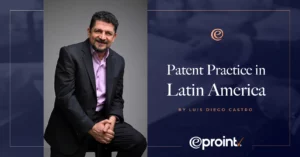The following is the second part of a two-part series, as previosuly announced. The first part of the article may be found at the following link: Patent Practice in Latin America.
Patent practitioners in the United States may be divided in two main groups, patent agents and patent attorneys. But what happens when we try to match these professionals with their equivalents in other geographical regions?
In general, a Latin American patent professional is either a law professional with patent knowledge and expertise or a professional with a technical degree with patent knowledge and expertise. Since there is no patent bar requirement in any country in Latin America, the expertise in patents is recognized among peers, not by a formal entity following examination. There are a few patent professionals that have both the technical degree and the law degree; an uncommon achievement, since law school usually requires four to five years to complete. The relatively low amount of work requires for the technical experts to be “patent proficient” in broad technical areas. It’s common to find pharma professionals handling chemical or biochemical patent work, or mechanical engineers handling civil, electric or materials patent work.
When analyzing where do these professionals work, there’s an initial distinction to be made, patent professionals that are doing work for the companies or universities where they work, and patent professionals who are doing work for their clients.
In-House
Compared with other regions in the world Latin America has a relatively small number of professionals doing patent drafting and prosecution work for their own employer, either companies, research centers, governments or universities. Evidently, by the total number of local patent applications, Brazil and Mexico are the countries where this happens the most, with Mexico a distant second. Usually, the technical work is done by a technical professional within the entity, with prosecution handled by the same technical expert or an attorney with patent prosecution expertise.
Law Firms
Most patent professionals in the region work for law firms, which handle larger volumes of foreign patent prosecution work. Handling a larger volume is typically the only way to gain significant expertise in patent matters. Patent work in law firms generally falls into one of four models:
-
Solo Practitioners
Solo patent practitioners are rare in Latin America. These professionals are usually well-established experts who have left or retired from a law firm or a company. Solo practitioners aren’t always visible to foreign clients and typically do most of their work for larger law firms or companies that lack in-house patent expertise.
-
Boutique Firms
Boutique law firms that specialize exclusively or predominantly in patent work are also uncommon, but boutique IP law firms handling both patent and trademark prosecution are more frequently seen. Many of the top and most renowned patent professionals in Latin America work in these IP boutique firms. The definition of a boutique firm can vary by country: in smaller Latin American countries, these firms may consist of just two to ten attorneys, whereas in larger countries like Argentina, Mexico, and Brazil, boutique firms can have close to a hundred professionals. Patent professionals in these smaller firms are typically a mix of technical experts, such as chemists, biochemists, and pharmacists, and legal professionals. The legal team not only handles litigation but also most prosecution work and client relationships, while technical experts manage the interactions between patent examiners and the clients’ technical teams. The largest IP boutiques in Latin America structure their patent practices similarly to the largest IP law firms in the United States.
-
General Practice Firms
Significant patent practices exist only within the largest general practice firms, relative to the size and market of each country. In these firms, the intellectual property practice is often focused primarily on trademarks, and only a few firms per country have a strong patent practice. These general practice firms provide interdisciplinary interactions that are difficult to find in boutique firms. The integration of patent work with other practice areas such as litigation, antitrust, competition, and consumer law is valued by some patent clients.
-
Regional Firms
While there are no regional law firms with a significant presence across many Latin American countries, a few subregional firms do exist. For patent purposes there are two types of regional firms: the general practice firm with offices in several countries, providing patent services across multiple jurisdictions and the intellectual property boutique with regional presence. The advantage of a regional firm is its ability to handle high-quality patent work across multiple countries. Patent practitioners in these firms not only handle prosecution and litigation in their home country but also coordinate regional work for their clients. In these firms, technical professionals typically work across various practice areas, dealing with the technical aspects of patent applications in multiple countries within the region.
Flow of Patent Work in Latin America
In all Latin American countries patent professionals are usually doing more foreign work than local work. This means most of them are handling local prosecution of foreign patent applications as their main activity. The technologies with the most patent application across the region are pharma, agrochemical and biotech. Some countries have relevant numbers of patent application in specific technologies, like oil related technologies in oil producing countries. Foreign work may come from the applicant company directly, from the firm handling the international prosecution of the patent or from a firm handling prosecution in the region.
Best Practices and Recommendations
When sending patent work to Latin America it’s always helpful to have some basic information about the country or countries where the work is to be sent. Having the initial section of this article at hand could be useful. Always try to align your service expectations with the patent professionals to hire. Usually, intellectual property firms have good trademark practitioners, but not all have qualified patent practitioners. A qualified patent attorney you trust in a country could be the best referral source for one in another country. We know each other among qualified patent practitioners in Latin America, we may not know all the qualified professionals, but at least we know the qualified firms. Just a small percentage of patent practitioners in each Latin American country are capable of handling complex patent matters or litigation. Cost and rates for professional patent work is not that different from firm to firm. When managing volume even the most sophisticated firms have adjusted rates. When handling regional work look for available regional firms with patent expertise.
About EPROINT
EPROINT is an intellectual property law firm with strong regional presence in Central America and the Caribbean. Regional patent work is mostly supported from Costa Rica, where a qualified team of patent attorneys and technical experts coordinate regional patent prosecution and litigation. Our main competitive advantage is our ability to provide quality intellectual property work with a single point of contact and a single invoice for work in multiple countries.

